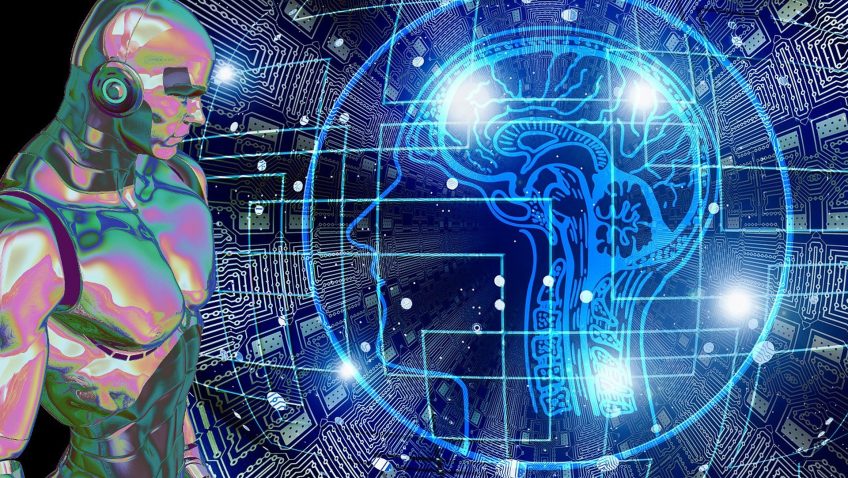The integration of Artificial Intelligence (AI) into our daily lives is happening at a rapid pace, and its influence has spilled over into the realm of international politics. From shaping public opinion to altering the dynamics of competition between nations, AI has the potential to significantly impact the future of global relations. In the current global situation, we need to know the ways in which AI is transforming the world of international politics and the challenges and opportunities it presents.
One of the most pressing concerns with the use of AI in international politics is the potential for manipulation of public opinion. With advanced algorithms and vast amounts of data, AI systems can generate highly targeted and persuasive messages that can impact political discourse and even sway elections. As former Facebook data scientist Sophie Zhang warns, “The systems we’ve built at Facebook are just amplifying the worst of us.” The threat of AI being used for malicious purposes highlights the need for regulations and oversight to ensure that it is used ethically and for the betterment of society.
The impact of AI on the competitiveness between nations is another significant aspect to consider. With AI systems becoming increasingly advanced and capable of performing complex tasks, they have the potential to revolutionize industries and upset established power structures. This is particularly true in the realm of military technology, where AI is being used to develop autonomous weapons and other advanced technologies.
China’s investment in AI research and development with the goal of becoming a world leader in the field is an example of this. As Xiaoming Liu, a researcher at the University of Cambridge, states, “China’s rapid development in AI is likely to have significant implications for the global distribution of power.” This underlines the importance of cooperation and collaboration among nations to ensure that the benefits of AI are distributed equitably.
However, AI also holds tremendous potential for bringing nations closer together and fostering cooperation. AI can be utilized to tackle global problems such as climate change and pandemics by providing countries with access to vast amounts of data and analytical tools. It can also play a role in promoting cross-cultural understanding and peace by breaking down linguistic and cultural barriers and promoting empathy between nations.
The impact of AI on international politics is complex and far-reaching, and it is crucial that nations approach its integration with care. By using AI in a responsible and ethical manner, we can reap its benefits and work towards a more peaceful and prosperous world. As former U.S. Secretary of Defense Robert Gates reminds us, “We must ensure that AI serves humanity, and not the other way around.” To achieve this, nations must take steps to regulate its use and promote transparency in its development and deployment. By taking a proactive approach to AI’s integration into international politics and considering its impact on society, we can ensure that its influence is positive and equitable for all.


